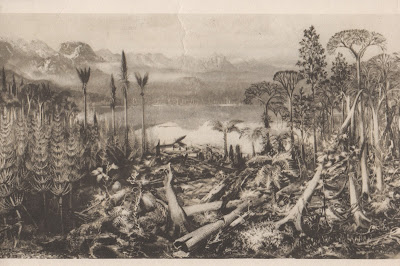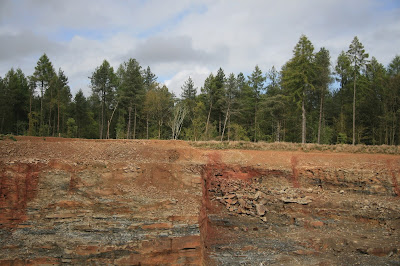The work here is developed from my interest in Rubislaw Quarry in Aberdeen, which is the biggest man made hole in Europe. It explores the depth of the water-filled
quarry, something which is very hard to grasp when standing in front of. I made two
replicas of a very old sledge hammer, which had been used at the quarry. I carved one in cork, exactly the same size as the original, which would float,
and cast the
other in lead, which would sink. They hold the same image and form and weigh
exactly the same but differ greatly in scale.
I have metaphorically given an
old tool, which had played a part in creating the void at the quarry a new
function as a measuring device.The lead hammer was spooled down into the
water, symbolically back into time and into a space which has not seen the
light of day for many years. Once the lead hammer hit the bottom, the cork
replica was attached to give an exact measurement of 142 meters (77.6 fathoms); the time it
took to hit the bottom being 2.29 minutes. The cork bobbing on the surface like
a half remembered memory in this huge expanse of water, and the smaller lead
hammer submerged, and connecting to the ground deep under water.
The hammers placed in the studio, act as markers for
distance, so connecting with the previous piece.
I like the idea of bringing a physical measurement into the
gallery space, and implying that the tool could be used in a different context
to maybe explore another space and make comparisons. I enjoy the reality and
the granite hard fact of measurement, and the endeavour in trying to get things
right. The metaphors which inhabit the work I believe tell a story.

